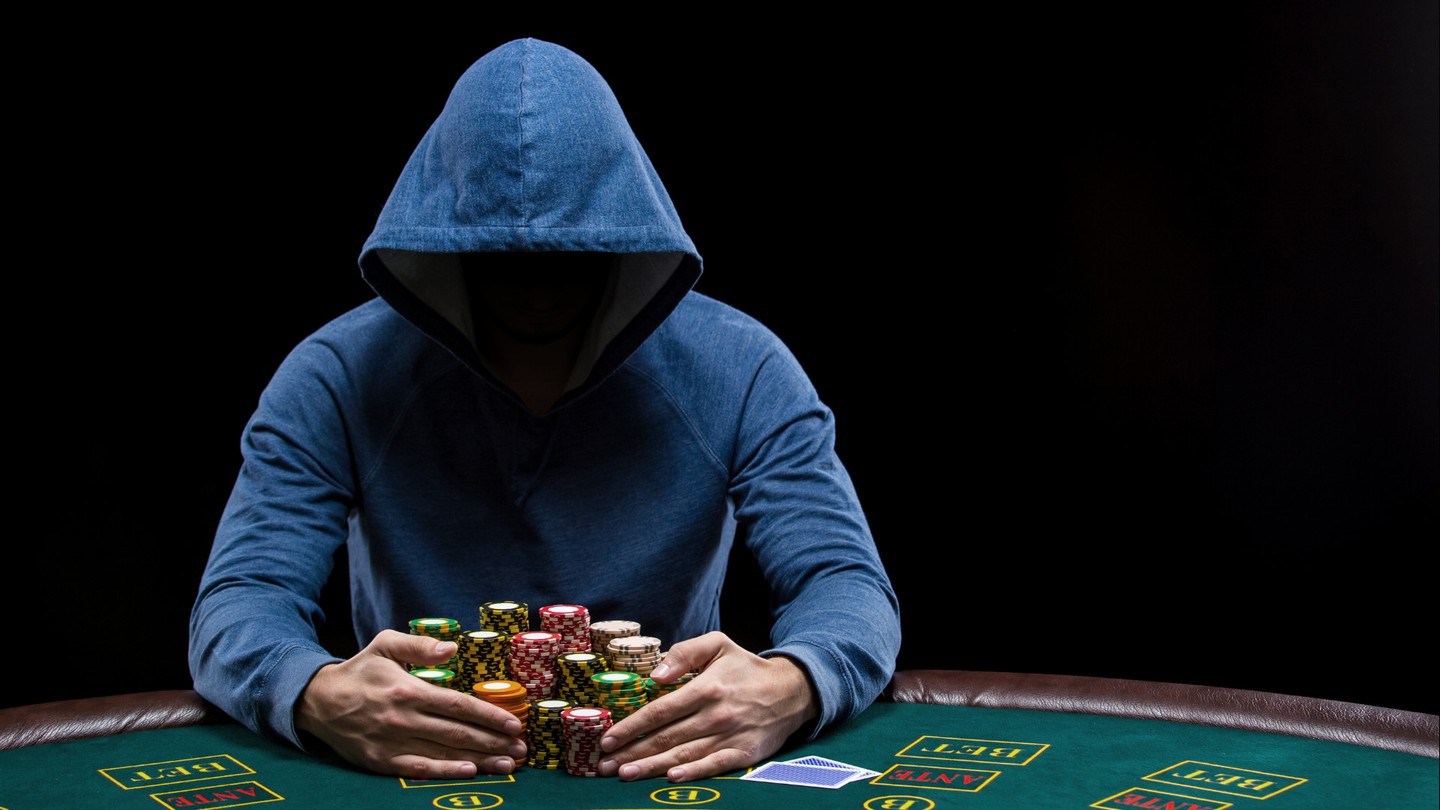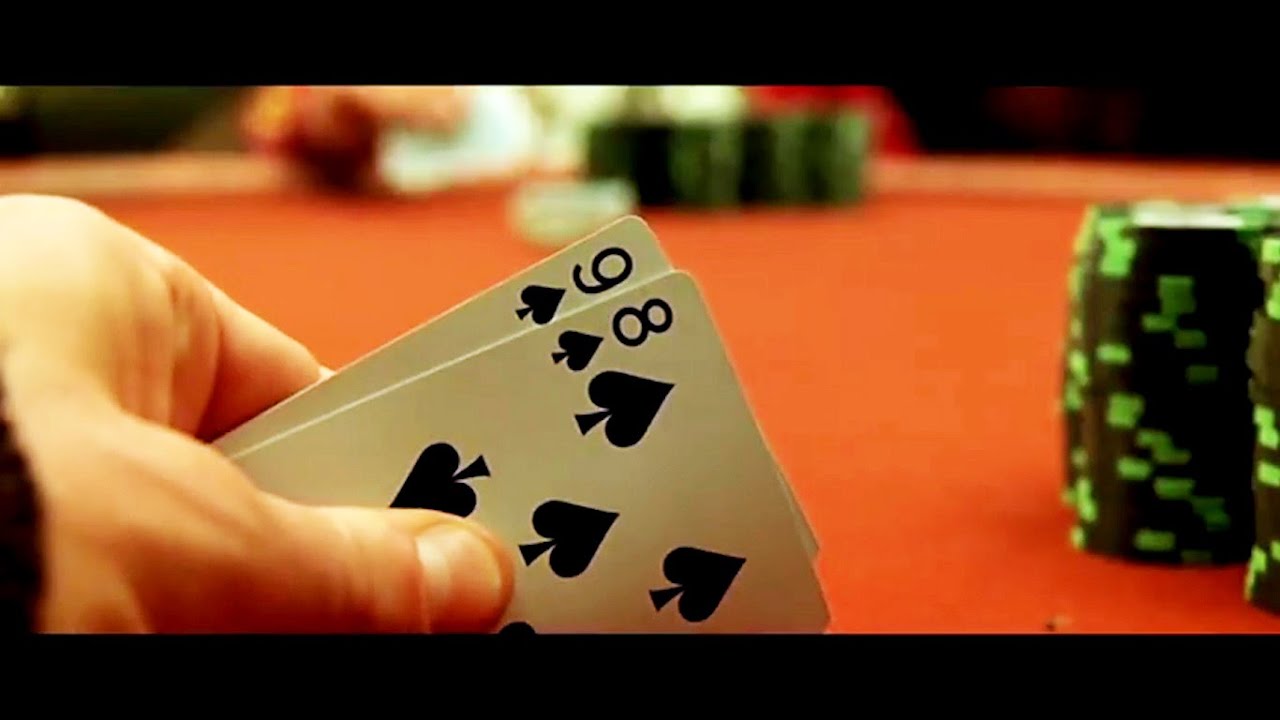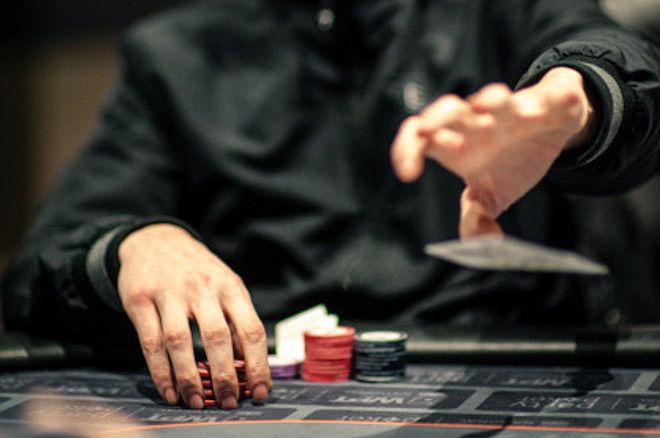13 Top Iconic Scenes From Liar's Poker: A Book By Michael Lewis
Liar's Poker: Rising Through the Wreckage on Wall Street, which is both a juvenile memoir and a journalistic look at the inner workings of Salomon Brothers, a Wall Street firm that grew fat trading bonds and then collapsed and burned, launched Michael Lewis' successful career as an author.
Author:Paolo ReynaReviewer:Camilo WoodSep 13, 2021202 Shares101.1K Views

Liar's Poker: Rising Through the Wreckage on Wall Street, which is both a juvenile memoir and a journalistic look at the inner workings of Salomon Brothers, a Wall Street firm that grew fat trading bonds and then collapsed and burned, launched Michael Lewis' successful career as an author. Because the book takes place between 1984 and 1987, I wasn't surprised that it reminded me of the film Wall Street-simply substitute Gordon Gecko with Salomon's CEO, John Gutfreund. Lewis has just been hired by Salomon, somewhat unexpectedly, at the start of the book, and he takes us on a journey through his time there, from the cutthroat training procedures to his dalliance with the corporation.
Between John Gutfreund (head of Salomon Brothers) and John Meriwether, Michael observed a classic bluff and re-bluff (board member and bond trader). Meriwether was challenged by Gutfreund to “The sum total was one million dollars. "No tears," Meriwether said after a few moments of deliberation, "I'd rather play for real money." A ten-million-dollar investment. There will be no tears! " Liar's Poker's story bounces back and forth between two different strands.
One of the threads is autobiographical, following Lewis from his undergraduate days to his 1984 hire by Salomon Brothers (now a subsidiary of Citigroup) and his training at the firm. It's a first-hand account of bond traders' personalities, work procedures, and culture. Several senior Salomon Brothers executives appear prominently, including arbitrageur John Meriwether, mortgage business head Lewis Ranieri, and firm CEO John Gutfreund.
The book's other thread begins with a general summary of Wall Street history before focusing on Salomon Brothers in particular. This is a new thread.

Top Best Poker Scenes from Movies
The Scene Where The Bank's Ceo John Gutfreund Challenges John Meriwether To A Hand Of Liar's Poker For $1 Million:
The book's first scene established the boundaries of irresponsible gambling on the street.
For $1 million, John Gutfreund suggested playing one hand of Liar's Poker, which involves gamesmanship and understanding of probability, both of which are highly prized by traders.
John Meriwether (who is generally regarded as the firm's greatest player) didn't want to lose to the CEO, so he bribed him by stating he'd only play for $10 million.
The Scene Where Lewis Describes How Miserable His Friends Are As Analysts:
Lewis talks about a buddy who works as an analyst. "He was so tired that he would sneak into a bathroom stall and sleep on the toilet during lunchtime lulls. He worked most evenings and weekends straight through, yet felt terrible for not doing more.
In case anybody noticed how long he had been gone, he claimed to be constipated... Many analysts subsequently confess that the two years between college and business school were the most difficult of their lives.”
The Scene Where Lewis Miserably Flunked His First Interview At An Investment Bank
When a young Lewis said in an interview that money was the sole reason he wanted to be an investment banker, he got the following response:
"That isn't a valid explanation. This profession requires you to work long hours and be driven by more than simply money. True, our pay is commensurate with our contributions. But, to be honest, we strive to keep individuals out of our company who are just interested in making money. That is all there is to it. "
Where Lewis Describes How Volcker And America's Borrowers Juiced The Bond Market
"Bonds became speculative after Volcker's speech, a way of generating money rather than just keeping it. The bond market was converted from a backwater to a casino overnight. Salomon is seeing a surge in turnover. To manage the increased business, many more employees were recruited, with beginning wages of $48,000.
The second hand, stuffing the turkey, got to work once Volcker put interest rates free: America's debtors. During the 1980s, American governments, consumers, and businesses borrowed money at a higher rate than they had ever done before. "
The Scene Where Japanese Bankers Fall Asleep During The Salomon Training Program
However, among all the exceptions, the Japanese were the best. Any attempt to analyze our classroom culture was thwarted by the Japanese. They slept in the first row, all six of them.
Their heads swayed back and forth, sometimes falling over to one side, their faces parallel to the floor. The back-row guys gambled on how long it would take Yoshi to fall asleep every morning and afternoon.
The Scene With The One Trainee Too Terrified To Step On The Salomon Trading Floor
A third, and by far the most intriguing, couldn't stand taking the elevator down to the trading floor. Every afternoon, he took the back of the elevator up and down. I believe he intended to leave, but was terrified. The news of his handicap quickly spread.
It made its way to the front of the training program. She went to investigate. She waited outside the elevator banks on the 41st floor for an hour, watching the doors open and close on one very frightened trainee. He vanished one day.
The Scene Where A Banker Called Piranha Says The French Are "Getting Their Faces Ripped Off”
On this abrupt, vulgar Salomon legend's remarks on a convertible bond issued by the French government, Lewis wrote:
The issue was that the bond could be exchanged for gold at 32 dollars an ounce under specific circumstances, which meant that instead of accepting cash, a holder of 32 million dollars in bonds might demand one million ounces of gold. The Piranha remarked, implying that the French were losing a lot of money on the bond issuance now that the bond had become convertible and gold was trading at $500 per ounce.
The Scene With The Suitcase Goof
"The suitcase blunder began in 1982, when one trader stole another's weekend bag and replaced the clothing with pink lace underwear. Between 1982 and 1985, there were at least four such hoofs and goofs. When John D'Antona arrived late one Friday morning with his luggage in hand, the good eventually ceased generating additional goofs.
He'd planned a weekend vacation to Puerto Rico took the garments out and replaced them with approximately 10 pounds of damp paper towels. D'Antona didn't realize the changeover until he got out of a hotel shower in Puerto Rico later that night. "
The Scene Where Management (Unsuccessfully) Begged A Top Trader To Stay
The managing directors of the London office fell to their knees (figuratively speaking) and pleaded with him to stay. He was the backbone of a new and fragile enterprise, they said. Screw backbones, he said, he had been offered much more money by Goldman Sachs.
They expected, they said, for him to forget about trading for a moment and consider the importance of loyalty to the firm. And you know what he said to that? He said, 'You want loyalty, hire a cocker spaniel.
The Scene Where The Trainee Gets Pranked
Matty boasted about sneaking out of the restaurant without paying after being assigned to bring lunch for several traders.
"Matty didn't make a huge mistake by stealing food. His major blunder was bragging to one of the fat traders about how he did it. That afternoon, Matty got a call from a guy claiming to work for the Securities and Exchange Commission's "special projects section." This guy stated that the Securities and Exchange Commission had been given authority over Wall Street cafeterias, and that he was looking into a suspected theft of three trays of food from the Salomon Brothers cafeteria. Would Matty be aware of the situation? "
When Matty returned to his desk after meeting with managing director Michael Mortara, who organized the whole farce, here's what happened:
"When Matty glanced around, he saw that not only were others laughing, but that they were laughing at him. He'd been the victim of a "goof," as they called it in the department. It was Mortara's concept, but Mortara convinced Gutfreund to give the hoax some credence. "
The Story Of When Lew Ranieri Received Unexpected Financial Assistance From A Salomon Partner
"His wife was in the hospital, and the expenses just kept piling up. Ranieri was in desperate need of $10,000. He was nineteen years old, and all he had was his monthly salary to his name. He was eventually compelled to seek a loan from one Salomon Brothers partner he had just a passing acquaintance with... The partner assured Ranieri that the medical costs would be covered.
Ranieri misinterpreted this to imply that it would be taken from his weekly salary, which he couldn't afford, and he protested. The partner said, "It will be taken care of." With three months' employment, Salomon Brothers paid off the ten-thousand-dollar debt built up by the wife of its mailroom worker. "
The Scene Where Lewis Describes How Tasteless Trading Floor Jokes Can Be
"Spend a day on a bond trading desk if you ever want to witness how the world's worst jokes propagate. When the Challenger space shuttle went down, six individuals from six different countries contacted me to clarify that NASA stood for "Need Another Seven Astronauts."
The Scene Where Howie Rubin Jumps Ship To Merrill Lynch
Howie Rubin went on to lose $250 million in circumstances that are still unknown to this day:
"Wall Street journalists were scrambling to figure out who this guy, Howie Rubin, was and what his lOPOs were. Even when they figured out how Howie Rubin lost more money on a single transaction than anybody else in Wall Street history, one of the most enthralling mysteries of Wall Street persisted. "
The bonds were placed in a drawer by Rubin, according to a Merrill executive, and the company was ignorant of their existence.
Jump to
The Scene Where The Bank's Ceo John Gutfreund Challenges John Meriwether To A Hand Of Liar's Poker For $1 Million:
The Scene Where Lewis Describes How Miserable His Friends Are As Analysts:
The Scene Where Lewis Miserably Flunked His First Interview At An Investment Bank
Where Lewis Describes How Volcker And America's Borrowers Juiced The Bond Market
The Scene Where Japanese Bankers Fall Asleep During The Salomon Training Program
The Scene With The One Trainee Too Terrified To Step On The Salomon Trading Floor
The Scene Where A Banker Called Piranha Says The French Are "Getting Their Faces Ripped Off”
The Scene With The Suitcase Goof
The Scene Where Management (Unsuccessfully) Begged A Top Trader To Stay
The Scene Where The Trainee Gets Pranked
The Story Of When Lew Ranieri Received Unexpected Financial Assistance From A Salomon Partner
The Scene Where Lewis Describes How Tasteless Trading Floor Jokes Can Be
The Scene Where Howie Rubin Jumps Ship To Merrill Lynch

Paolo Reyna
Author
Paolo Reyna is a writer and storyteller with a wide range of interests. He graduated from New York University with a Bachelor of Arts in Journalism and Media Studies.
Paolo enjoys writing about celebrity culture, gaming, visual arts, and events. He has a keen eye for trends in popular culture and an enthusiasm for exploring new ideas. Paolo's writing aims to inform and entertain while providing fresh perspectives on the topics that interest him most.
In his free time, he loves to travel, watch films, read books, and socialize with friends.

Camilo Wood
Reviewer
Camilo Wood has over two decades of experience as a writer and journalist, specializing in finance and economics. With a degree in Economics and a background in financial research and analysis, Camilo brings a wealth of knowledge and expertise to his writing.
Throughout his career, Camilo has contributed to numerous publications, covering a wide range of topics such as global economic trends, investment strategies, and market analysis. His articles are recognized for their insightful analysis and clear explanations, making complex financial concepts accessible to readers.
Camilo's experience includes working in roles related to financial reporting, analysis, and commentary, allowing him to provide readers with accurate and trustworthy information. His dedication to journalistic integrity and commitment to delivering high-quality content make him a trusted voice in the fields of finance and journalism.
Latest Articles
Popular Articles
